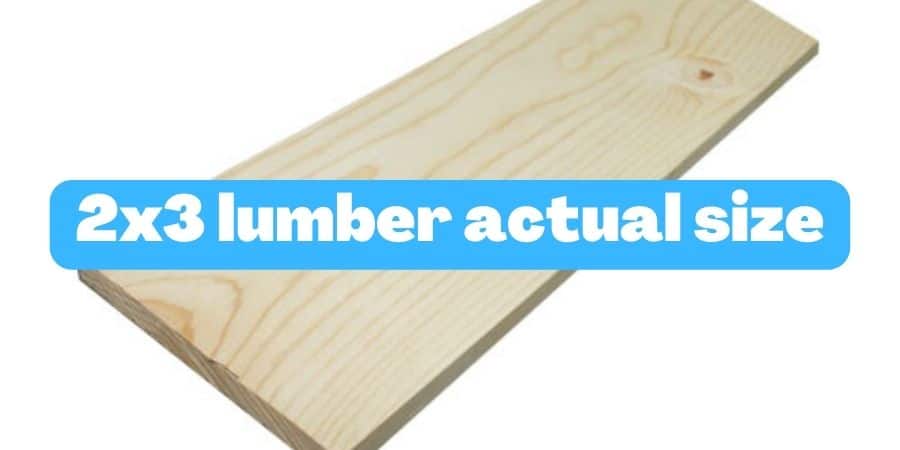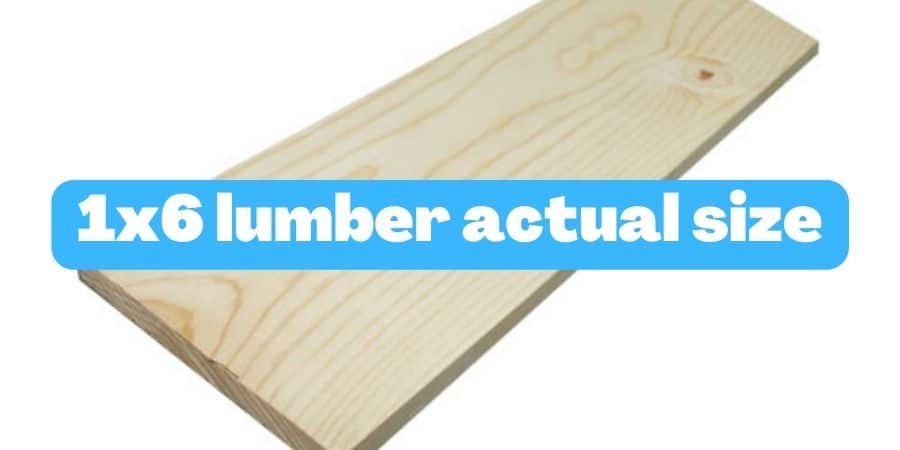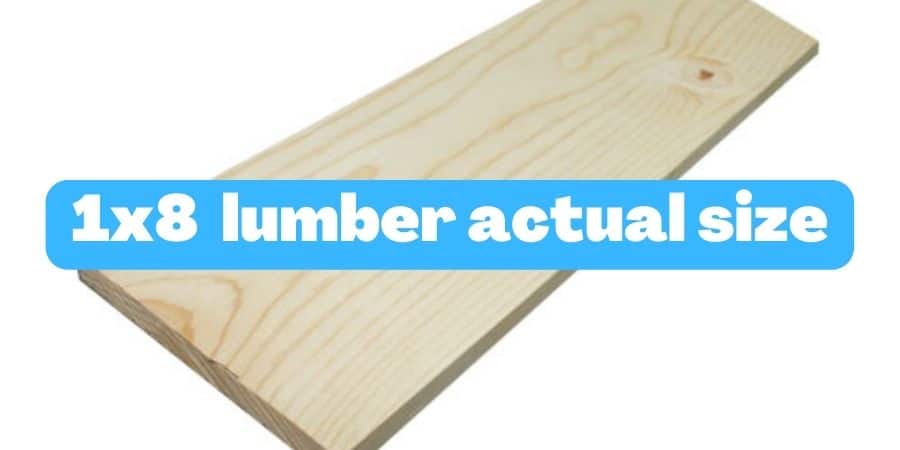Power tools are the lifeblood of any DIY enthusiast or professional tradesperson. Whether you’re a seasoned pro or just getting started on your journey, the eternal question remains: which brand should you trust?
Masterforce and Dewalt are two heavyweights in the power tool arena, and today, we’re diving deep into their differences to help you decide which one is the ultimate tool for your needs. 🛠️
Here’s a comparison table summarizing the key differences between Masterforce and Dewalt power tools:
| Aspect | Masterforce | Dewalt |
|---|---|---|
| Quality | Excellent quality; budget-friendly. | Rugged durability; premium quality. |
| Battery Technology | Solid batteries; may not match Dewalt’s performance. | Advanced XR and FlexVolt systems; longer runtimes. |
| Tool Selection | Good range; not as comprehensive. | Extensive lineup covering various categories. |
| Price Point | Budget-friendly; value for money. | Higher price; justified by durability. |
| Warranty and Support | Good warranty; customer support may not be as recognized. | Strong warranties; excellent customer service. |
| Innovation and Technology | May not be at the forefront of tech advancements. | Known for introducing cutting-edge features. |
| Ecosystem and Loyalty | May not have a wide range of tools sharing batteries. | Established ecosystem; brand loyalty. |
| Weight and Ergonomics | Comfortable but might not prioritize ergonomics in all products. | Balanced design; ergonomic grips for reduced fatigue. |
| Availability | Availability varies by region; might not be as widespread. | Widely available; accessible in many areas. |
| Specialty Tools | Versatile but may not offer as many specialized tools. | Extensive range of specialized tools. |
| International Availability | Might not be available in all countries. | Widely available internationally. |
| Resale Value | Resale value might not be as strong. | Tools tend to hold their value well. |
| Personal Experience | Personal feel can vary; try before you buy. | Comfort, weight, and balance can vary by model. |
Table of Contents
1. The Quality Showdown
When it comes to power tools, quality is paramount. You want something that can withstand the toughest jobs without breaking a sweat. Dewalt has long been revered for its rugged durability and robust build quality. These tools are known for being workhorses, capable of handling demanding tasks day in and day out.
On the other hand, Masterforce tools have made significant strides in recent years. They offer excellent quality and reliability, often at a more budget-friendly price point compared to Dewalt. The choice here depends on your specific needs and budget constraints.
Example: If you’re a professional contractor who needs tools for heavy-duty work, Dewalt might be the way to go. However, for occasional DIY projects, Masterforce could be a more economical choice.
2. Battery Technology
Cordless tools have taken over the market, thanks to their convenience and portability. Dewalt has been at the forefront of battery technology innovation with their XR and FlexVolt systems. These batteries offer longer runtimes, faster charging, and compatibility across a wide range of tools.
Masterforce, while offering cordless options, may not be as advanced in terms of battery tech. Their batteries are solid but might not match the performance of Dewalt’s top-tier offerings.
Example: If you value the ability to swap batteries between different tools seamlessly, Dewalt’s battery ecosystem has the edge.
3. Tool Selection
Your choice of brand can also come down to the specific tools you need. Dewalt boasts an extensive lineup that covers almost every imaginable power tool category. From drills and saws to grinders and sanders, they have it all.
Masterforce, while not as comprehensive, still offers a respectable range of tools. However, they might not have the same depth of options in some categories.
Example: If you’re building your power tool collection from scratch, Dewalt’s vast selection could be a significant advantage.
4. Price Point
Let’s talk about the elephant in the room: cost. Power tools can be a hefty investment, and your budget plays a crucial role in your decision. Masterforce often comes in as the more budget-friendly option compared to Dewalt. This doesn’t necessarily mean inferior quality, but it can mean fewer bells and whistles.
Dewalt, while pricier, justifies its cost with its reputation for durability and advanced features.
Example: If you’re a homeowner looking for reliable tools for occasional use, Masterforce might save you some bucks. But if you depend on your tools for your livelihood, Dewalt’s investment could pay off in the long run.
5. Warranty and Support
Finally, let’s consider after-sales support. Dewalt typically offers solid warranties and excellent customer service. They stand behind their products, which can provide peace of mind.
Masterforce, while not lacking in this department, might not have the same level of recognition for customer support.
Example: If you value the assurance of a strong warranty and responsive customer service, Dewalt has a reputation for delivering in this area.
6. Innovation and Technology
In the ever-evolving world of power tools, staying ahead in terms of innovation can be a game-changer. Dewalt has a reputation for introducing cutting-edge technologies into their tools. This includes features like brushless motors for increased efficiency and smart tool connectivity for remote monitoring and control.
Masterforce, while not trailing too far behind, may not always be at the forefront of these technological advancements.
Example: If you’re an early adopter who values the latest tech in your power tools, Dewalt’s innovations might sway you.
7. Brand Loyalty and Ecosystem
Sometimes, it’s not just about the individual tool but the entire ecosystem around it. Dewalt enthusiasts often stick with the brand because they’ve invested in Dewalt batteries and chargers. This loyalty can lead to a more seamless and cost-effective experience.
Masterforce users might not have the same level of ecosystem loyalty, as their brand might not have as wide a range of tools and accessories that can share batteries.
Example: If you already own Dewalt tools and batteries, sticking with Dewalt for new additions can be a no-brainer.
8. Weight and Ergonomics
Power tools can get heavy, especially during extended use. Dewalt tools are known for their balanced design and ergonomic grips, which can reduce user fatigue.
Masterforce tools, while comfortable to use, might not have the same level of attention to ergonomics in all their products.
Example: If you’re planning on long hours of work, the comfort of using Dewalt tools might make a noticeable difference.
9. Availability and Local Dealers
Another factor to consider is how easy it is to get your hands on these tools. Dewalt products are widely available at both big-box stores and local dealerships, making them accessible in many areas.
Masterforce might be less common in some regions, which can affect your ability to find and replace tools quickly.
Example: If you live in a remote area, Dewalt’s widespread availability might be a significant advantage.
10. Community and User Feedback
Lastly, consider tapping into the power tool community. Online forums, reviews, and user feedback can provide invaluable insights into the real-world performance of these tools. Both Dewalt and Masterforce have dedicated user communities, and learning from their experiences can help you make an informed decision.
Example: Before making your final choice, spend some time reading reviews and participating in online discussions to get a sense of how these tools perform in various situations.



